Kelsey Brunner/ The Aspen Times
News | July 18, 2020
Tim Estin works in the local Aspen real estate company and is seeing the “Great Urban Exodus” unfold in the current real estate market.
There’s been a perfect storm of events over the past few months that has led to people opting to flee city life for the relative isolation of the smaller towns, including Aspen. Demand for local real estate is booming to the point where brokers are having a hard time keeping up.
“More people want to stay here for a longer period of time,” Estin said. “There was pent-up demand and perhaps pent-up demand as a result of a two month shutdown. There are always those that have to move and those who need to sell. There are historically low interest rates — lower than we could have ever imagined.”
Before Scott Bayens could respond to the question, he had to decline an incoming call. That’s become the norm for him and his fellow real estate comrades in luxury markets across the country, as the demand to get away from the larger cities has made the ringing nearly nonstop.
“Colleagues in Tahoe and the Hamptons and in Montana, Wyoming, can’t pick up the phone because they’ve got so many people calling them from L.A. and New York and in this case, Denver and Houston,” Bayens said. “There is clearly a migration from urban centers for those who are trying to get out of the city and away from the virus and who now are able to work from home remotely.”
Estin and Bayens, who writes a monthly real estate column for The Aspen Times, agree on the general reasoning beyond the mass move of the wealthy from cities to small market luxury towns like Aspen. A lot has to do with the current environment surrounding the coronavirus pandemic, combined with much of the civil unrest that has been sweeping through the country.
With interest rates reaching record lows in favor of buyers and more people’s ability to work remotely from home, it makes sense for those who can afford to make the move to go ahead and do so.
“People realize if they are going to live anywhere, they don’t want to be in the cities anymore,” Estin said. “The wealthy have always been able to afford to be anywhere and anyone who has been sitting on a fence, there is no longer any reason to sit on the fence. So that is what is driving all this.”
The demand for local real estate, whether that is from homebuyers or renters, is across the board. In recent years, especially since the Great Recession in the late 2000s, the hotspot had been Aspen’s core and the West End neighborhood, but the post-COVID reality has people seeking properties up and down the Roaring Fork Valley and even into the I-70 corridor.
“Not only is it a seller’s market, but it’s also a landlord’s market. And when they say cash is king, I think it’s also safe to say the landlords are going to be in control,” Bayens said. “At some point, we might just begin to see a real dearth of inventory. There might not be anything left for folks to buy. I think as we get into what could be a contentious election and obviously some cultural unrest, I think many of us believe we are looking at a window, a unique window, and we certainly have no idea when it might close.”
Bayens sees Aspen as a unique market for many reasons. Certainly it has the mountain town lifestyle and the ability for people to social distance during the pandemic, but it also goes big on culture, bringing in music and artists that normally would only be found in the bigger cities.
But the exodus from the urban centers to towns like Aspen could have profound impacts in the long run as the permanent population swells. Local schools have seen a massive increase in enrollment interest for the upcoming school year, a demand they may have trouble accommodating based off of current safety guidelines surrounding COVID-19.
“It gets really tough. On the one hand, all of the guidance is small class size and then the reality is budgets are cut,” new Aspen school district Co superintendent David Baugh said last week. “State funding is down, federal funding is down, so it would be really hard to hit the guidelines from CDC. So we are kind of between a rock and a hard place. But if you live in Aspen or Snowmass, we are committed to having a high quality spot for your child.”
Enrollment for the ASD is currently ongoing, and new Aspen High School principal Sarah Strassburger said they wouldn’t have a true idea of numbers until official enrollment next month. At Aspen Country Day School, a private preschool through eighth grade institution, there has been an 80% increase in interest, according to Susan Glah, the school’s director of admissions and financial aid. Even so, Glah said next year’s enrollment will remain “basically the same size it has been for the past three years, around 270 students.”
Once the dust settles later this summer, Bayens believes prices for Aspen real estate will rise, especially as the supply continues to dwindle. And even though there is a lot of civil unrest and political uncertainty heading into this year’s presidential election, Bayens believes this trend of a hot market could linger into next year.
“There are just too many people who want to come out here,” he said. “Everybody here likes to think we are protected and in many ways we are in this unique community, but I think we’ll all have to adjust in light of just how much growth might occur in terms of population. But it remains to be seen whether there will be housing for them.”
acolbert@aspentimes.com

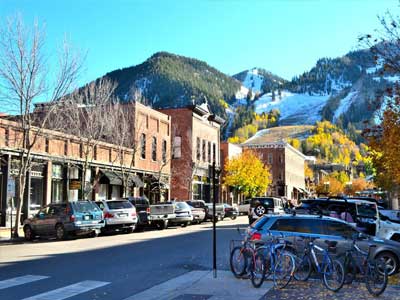
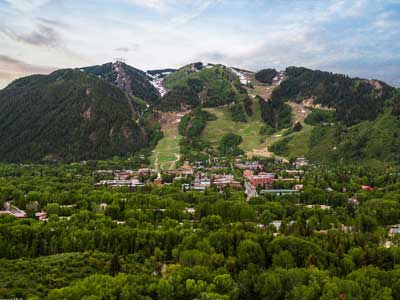


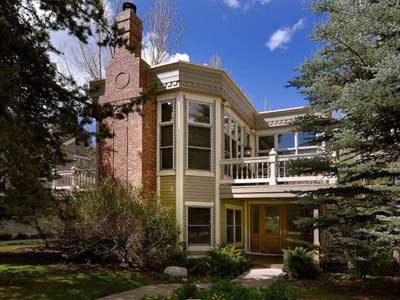
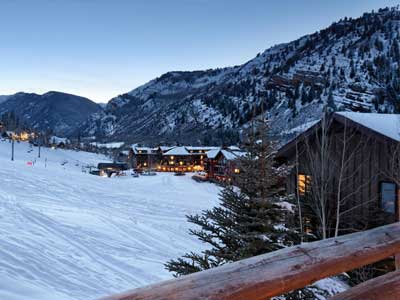
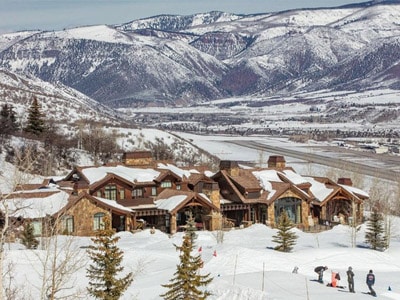
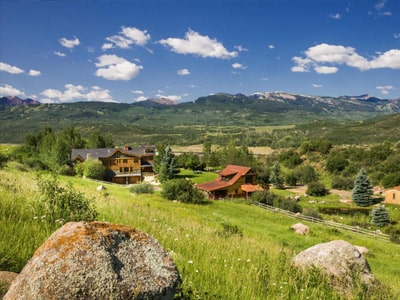


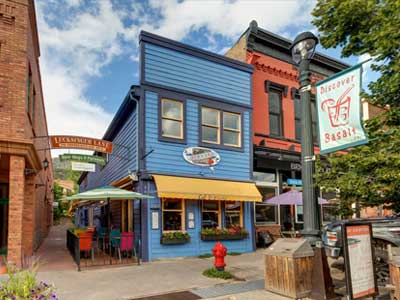

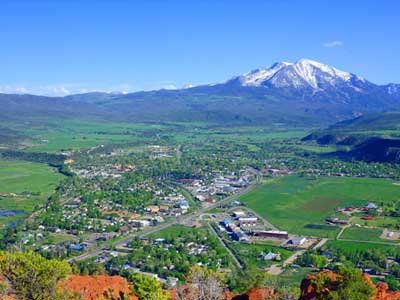
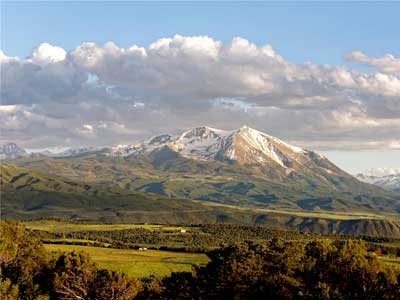

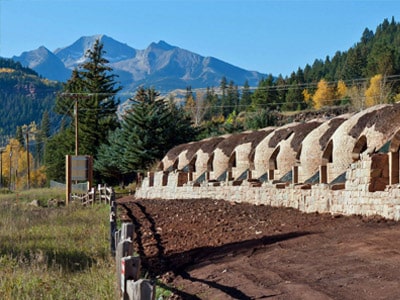
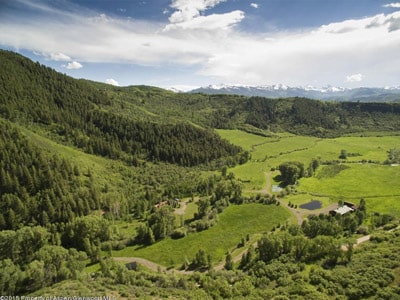


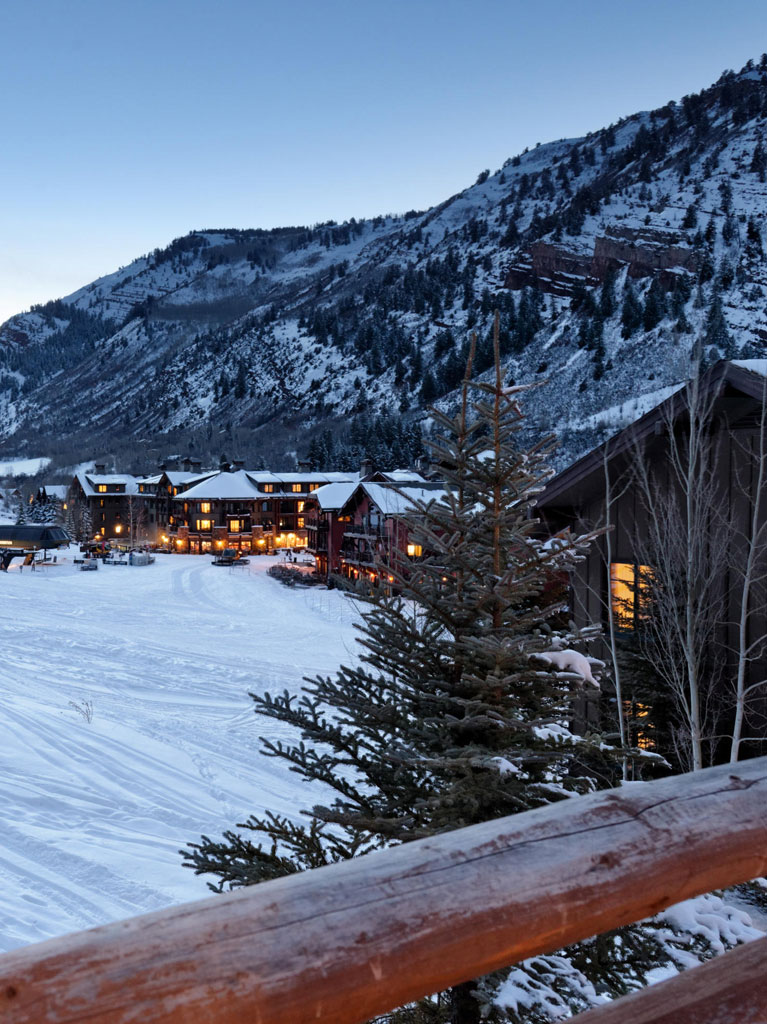
0 Comments